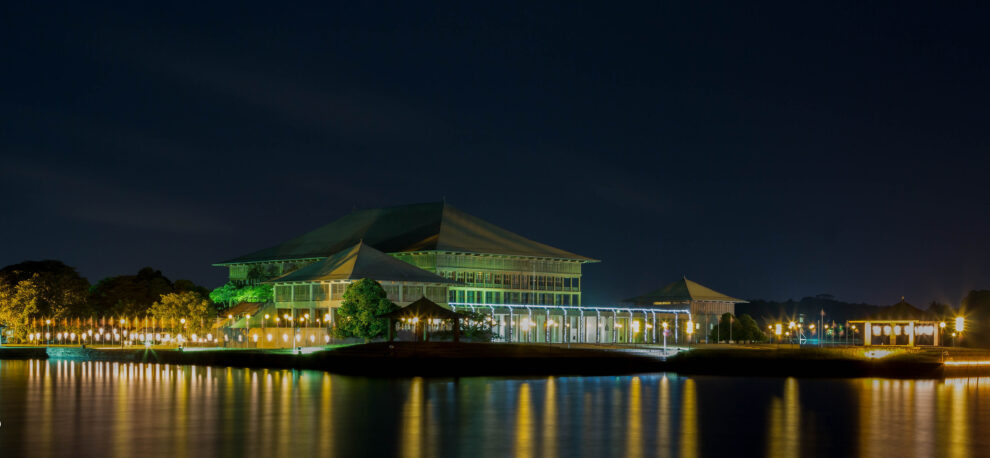The Sri Lankan government has decided to establish an independent commission in a historic step towards transitional justice and post-conflict reconciliation with the minority Tamil community to strengthen national unity, it was announced Friday.
This proposed Commission for Truth, Unity, and Reconciliation will be established through an Act of Parliament, President Ranil Wickremesinghe’s office said.
“In a historic step towards transitional justice and post-conflict reconciliation, the Government of Sri Lanka has decided to establish an independent Commission for Truth, Unity and Reconciliation,” it said in a statement.
It added that the drafting is under process as a concept paper in consultation with relevant stakeholders.
“The concept paper, used to prepare the final draft of the Bill for Parliament, will soon be available for comments to ensure an inclusive process in developing legislation that strengthens and safeguards national unity through truth, transitional justice, reconciliation, reparation, and social cohesion,” the statement said.
The proposed Commission acknowledges every Sri Lankan’s inalienable right to ascertain the truth, a pivotal aspect for individuals and communities to heal from past conflicts.
“Additionally, the Commission aims to ensure and strengthen national unity, peace, the rule of law, coexistence, equality, tolerance, respect for diversity and reconciliation among the people of Sri Lanka,” the statement said.
The Commission is expected to review, consider, and facilitate the implementation of recommendations made by past Commissions related to Sri Lanka’s post-conflict reconciliation efforts, including the Lessons Learnt and Reconciliation Commission (LLRC).
The Lessons Learnt and Reconciliation Commission (LLRC) was appointed by the government in 2010 to look back at the debilitating ethnic conflict with the Liberation Tigers of Tamil Eelam (LTTE) which spanned over three decades.
The LTTE had run a military campaign for a separate Tamil homeland in the northern and eastern provinces of the island nation for nearly 30 years before its collapse in 2009 after the Sri Lankan Army killed its supreme leader V Prabhakaran.
Findings from the Consultation Task Force on Reconciliation Mechanisms, established in 2006 by the Government of Sri Lanka, will also be considered.
The Government of Sri Lanka is committed to ensuring that the proposed independent commission acts impartially, free from any political influence.
“With a victim-centric ethos, the proposed Commission will be a sanctuary for voices to be heard, pain to be acknowledged and dignity to be reclaimed, providing a closure to victims and paving the path for national unity and social cohesion,” the statement said.
Pending the enactment of the proposed new law, the government has initiated the establishment of an interim body, the Interim Secretariat for Truth and Reconciliation Mechanism (ISTRM).
The ISTRM is working to build the necessary legal and policy framework, operational procedures, and guidelines for the Commission.
The objective of the ISTRM is to lay the foundation for a home-grown solution for truth, reconciliation, and national unity.
The ISTRM is currently engaging with the public and stakeholders to ensure the Commission is built with their participation and consultation, shaping this transformative mechanism and ultimately paving the way for sustainable peace and national unity.































